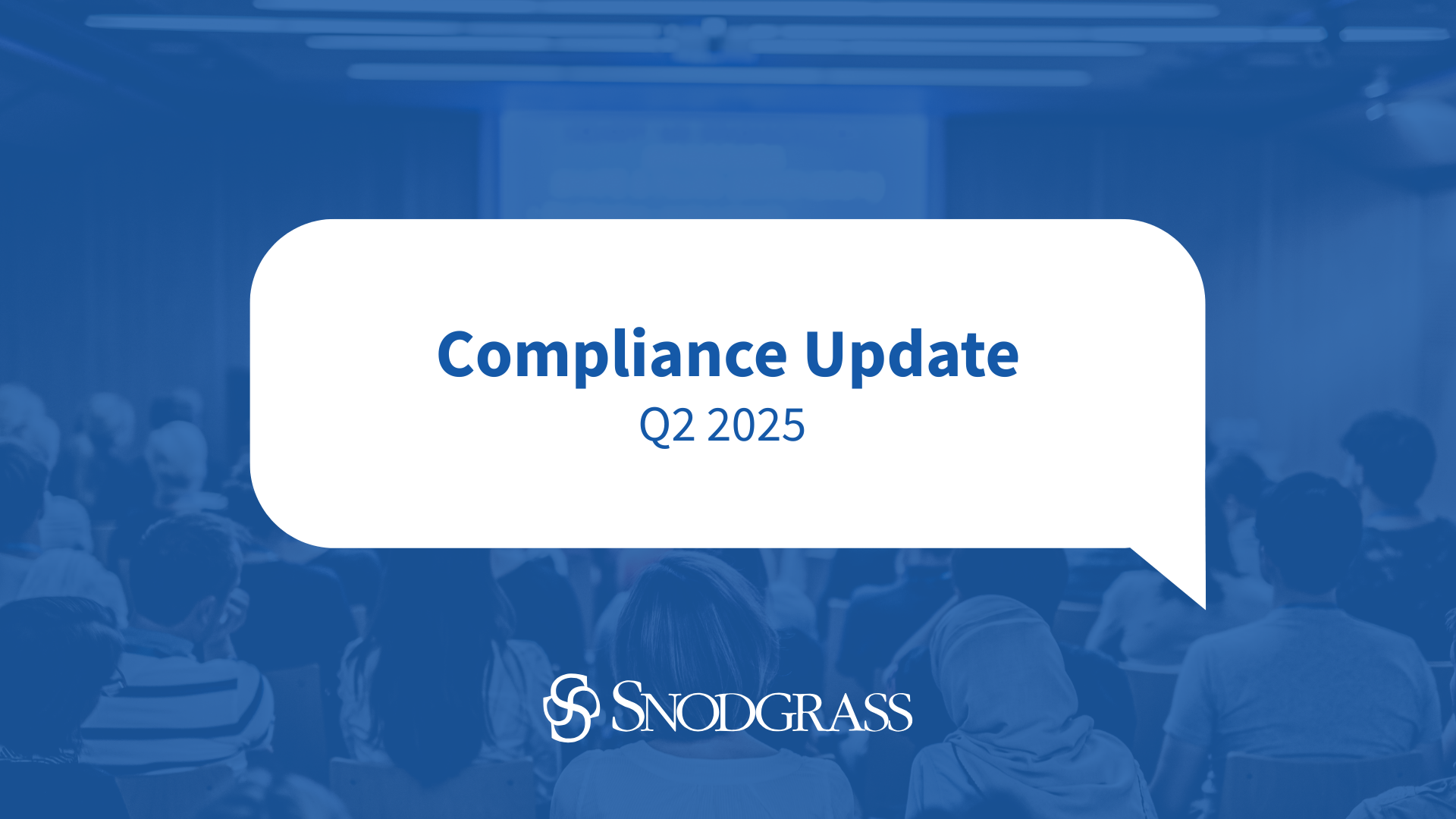On August 16, 2022, President Biden signed the Inflation Reduction Act of 2022 (the “IRA”) into law. The IRA is a huge bill with provisions related to health care, the environment, the deficit, and taxes. Included in this alert is a brief summary of the IRA’s significant tax provisions.
Corporate Alternative Minimum Tax (AMT)
The IRA brings back a revised version of the corporate AMT (which was eliminated several years ago). The new AMT for corporations (other than S corporations, regulated investment companies, and real estate investment trusts) is 15 percent of the corporation’s “adjusted financial statement income,” with an adjustment available for a corporation’s AMT foreign tax credit. Only corporations with three-year average annual adjusted financial statement income over $1 billion will be subject to this new AMT. A corporation’s adjusted financial statement income is the net income or loss reported on the corporation’s “applicable financial statement,” subject to various adjustments for differences in consolidation, differences in book and tax depreciation, and loss carryovers. The new corporate AMT is applicable to taxable years ending after December 31, 2022.
Excise Tax on Stock Repurchases
The IRA imposes a new 1 percent, non-deductible excise tax on the fair market value of stock repurchases, or “stock buybacks,” that occur after 2022. This excise tax applies to corporations that have stock traded on an established securities market. There are special rules that apply to this tax included in the IRA, such as the ability to reduce the fair market value of stock repurchases by the fair market value of stock issuances during the same year, exceptions for buybacks in connection with certain non-taxable corporate reorganizations, and exceptions for repurchases not exceeding $1 million in total during a taxable year.
IRS Funding
Under the IRA, $80 billion in additional funding is provided to the Internal Revenue Service (IRS). The additional funding is to be used for taxpayer services, enforcement activities, operations support, and maintaining and modernizing the IRS’s systems.
Passthrough Loss Limitations
The excess business loss limitation rule for noncorporate taxpayers under Internal Revenue Code Section 461(I) is extended by the IRA for two additional years so that its expiration does not occur until January 1, 2029.
Other Provisions
- The IRA extends various provisions related to the Affordable Care Act.
- The IRA extends, as well as expands, several energy credits, including the clean vehicle credit, the energy investment credit, and credit for electricity provided from certain renewable resources, as well as creates several new energy credits.



